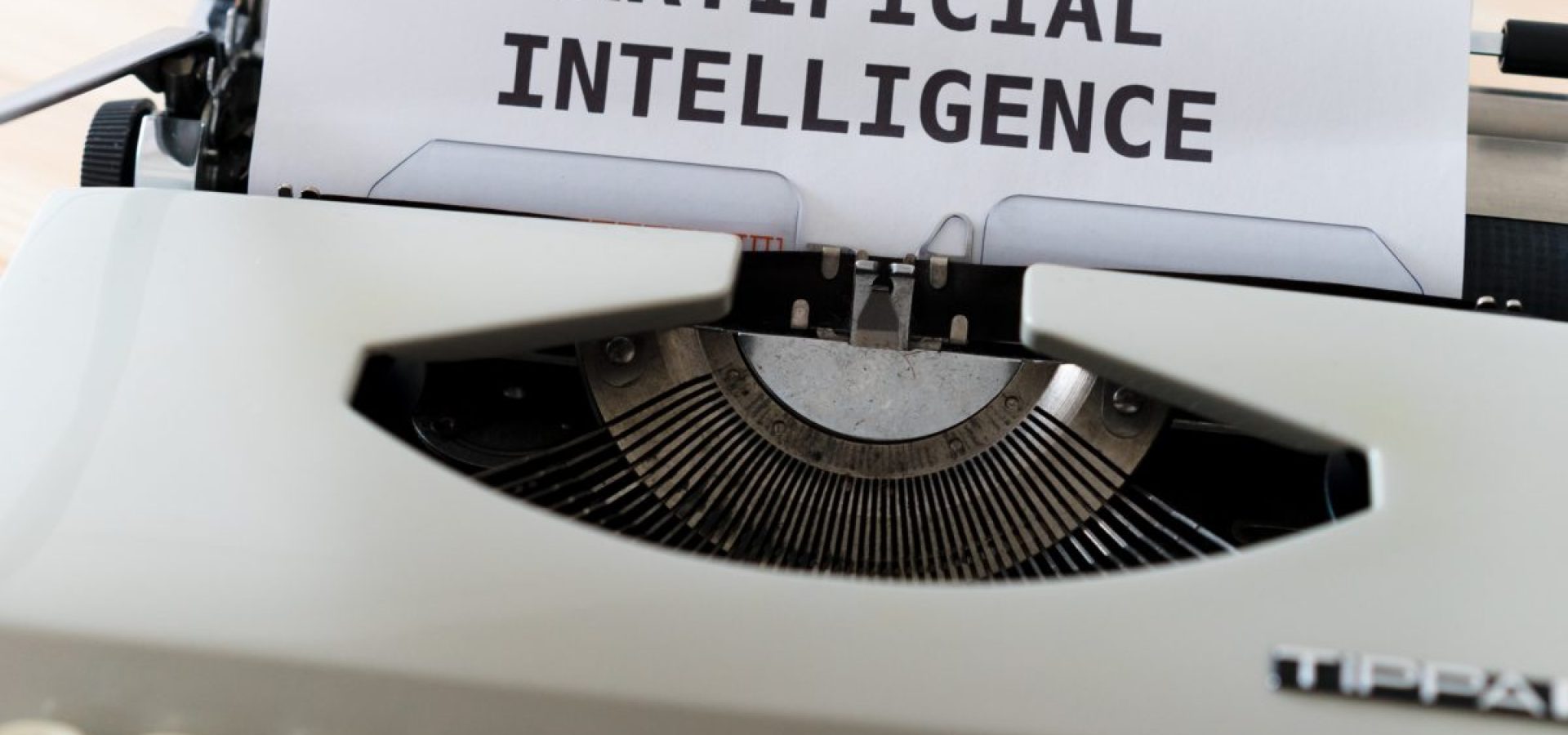- Rapid Adoption: 60% of attorneys now use generative AI, reversing earlier trends of minimal engagement.
- In-house vs. Law Firms: In-house legal teams lead in implementing AI over traditional law firms.
- Key Use Cases: AI’s role spans contracting, ticketing, memo drafting, and knowledge management.
- Governance Challenges: Ethical concerns over AI bias and privacy call for tighter regulations.
- Global Initiatives: The USAISI and the U.K.’s counterpart aim to enhance AI safety and standards.
The second half of 2023 marked a pivotal moment for the legal industry, with a significant shift towards generative AI. An astonishing 60% of attorneys reported using generative AI technologies, a stark contrast to the 63% who had claimed no experience with such advancements earlier in the year. This shift highlights a broader trend of digital transformation within the legal sector, with in-house legal teams leading this change. Unlike their counterparts in law firms, these teams are experiencing deeper changes to their operational landscapes, using AI to streamline processes and improve efficiency.
Diverse Applications Transforming Legal Practices
Generative AI has become a practical tool that is reshaping the fabric of the legal industry. Its applications vary, affecting many aspects of legal work. The automation of contract processes, for example, has simplified the creation, review, and management of legal documents. AI-driven ticketing and question-answering services have revolutionized client interactions by providing quick and accurate responses. Furthermore, drafting memos and managing large knowledge bases have become more efficient with AI’s capability to process and generate complex information quickly.
Navigating Governance and Ethical Waters
However, integrating AI into legal practices comes with challenges, particularly the need to address AI biases and privacy risks. These issues underscore the necessity for strong governance frameworks and regulations to ensure AI is used ethically and responsibly. The document highlights the legal sector’s efforts to mitigate these risks, aiming to ensure that AI’s benefits do not compromise fairness and privacy.
International Efforts to Safeguard AI’s Future
In response to AI’s rapid development and its global implications, the Biden Administration established the United States Artificial Intelligence Safety Initiative (USAISI). Announced by Vice President Kamala Harris at the first global AI Safety Summit, the initiative focuses on developing comprehensive safety tests for AI models. Similarly, the U.K. launched its AI safety institute, aimed at equipping the public sector with the capabilities to test and ensure the safety of advanced AI models. These initiatives reflect an international consensus on the need for strict standards and safety measures in AI.
As the legal industry continues to evolve with generative AI, these developments underscore a critical transition period. From improving operational efficiencies to tackling ethical and governance challenges, the path to AI adoption in the legal sector is both promising and complex. The proactive measures taken by governments worldwide emphasize the importance of a collaborative approach to managing the future of generative AI, ensuring its safe and advantageous integration across various industries.









COMMENTS